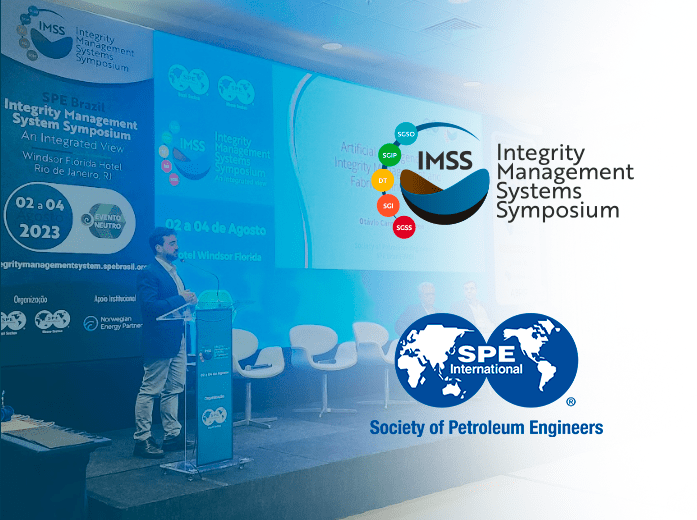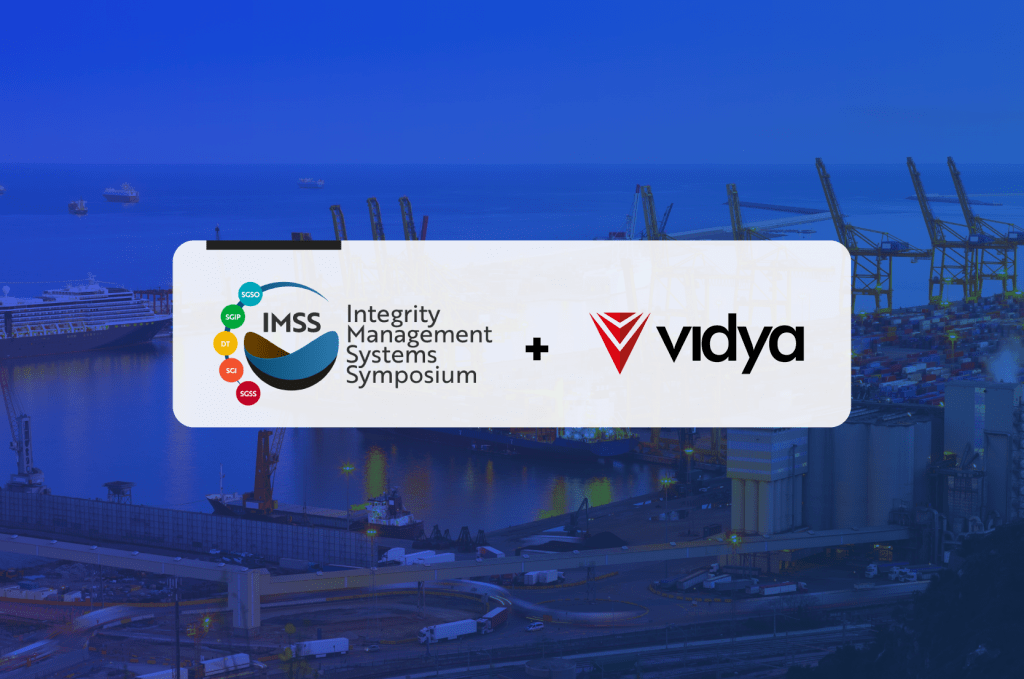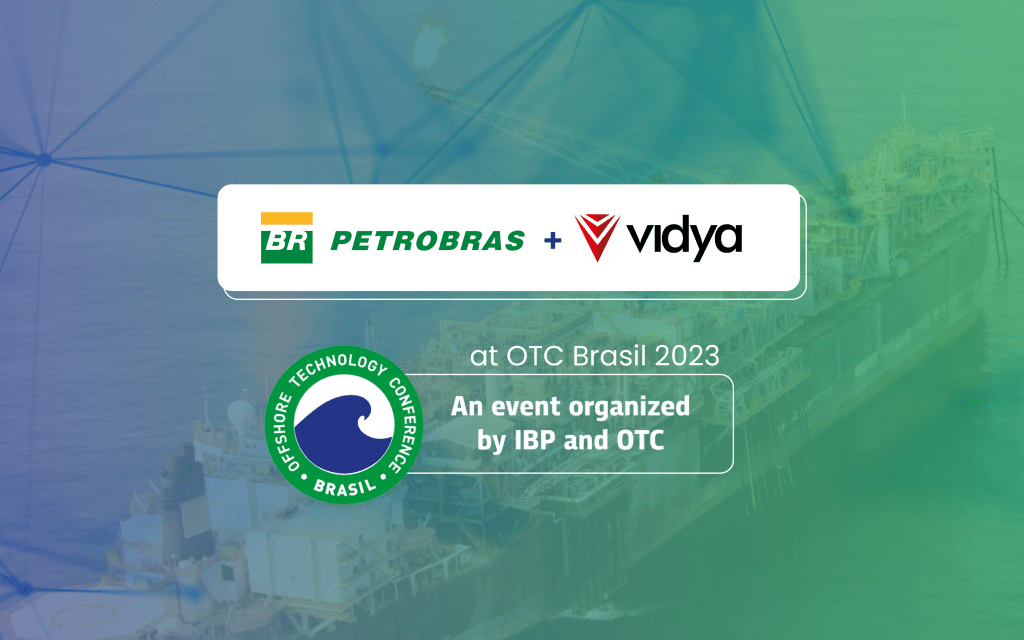The SPE (Society of Petroleum Engineers) Brazil Section event, Integrity Management System Symposium (IMSS), took place on August 2-4 in Rio de Janeiro. The main objective of IMSS was to foster discussions in the Oil and Gas industry regarding the “New SGSO”, which stands for the New Safety Management Systems. The New SGSO is Brazil’s first operational safety regulation, consisting of 17 distinct performance-oriented and risk management practices aimed at enhancing facilities and operations within the Oil and gas sector.
During the symposium, 3 main topics were discussed to jointly establish a projection of what is expected for Brazil in the coming years regarding asset management in light of the “New SGSO”. Here you can read Vidya Key Takeaways from the event:
-
Challenges in Aligning Industry Practices with the “New SGSO”
Many presentations addressed the main challenges of the Oil and Gas industries in the process of adapting their systems in the New SGSO. During the event, attendees were exposed to a comprehensive overview of the historical background and future projections related to this transition. The discussion included the viewpoints of different stakeholders, such as independent operators and regulatory agencies, shedding light on their perspectives, concerns, and anticipated impacts of the changes, and how to adapt the existing management systems to meet the new standards.
-
Human Factors and Asset Integrity Management
Other key topic was on human factor and the asset integrity management, which focused on a crucial aspect of asset management. This session addressed methodologies and how human decision-making influence the safety and integrity of assets, particularly in the context of offshore Oil and Gas installations. Additionally, it emphasized the significance of understanding and addressing the human element in maintaining asset integrity.
-
Software and Solutions for Asset Integrity Management
The last day was a deep dive into software and solutions for asset integrity management, which highlighted the transformative impact of advanced technology in the Oil and Gas industry. Attendees explored the application of highly sensitive sensors for cathodic protection system extension, AI-driven methods for proactive maintenance, and real-time safety monitoring through digital platforms. These innovations are reshaping how the industry ensures safety, efficiency, and prolonged asset effectiveness.
History and Future – Challenges and Oppotunities of the new SGSO
The symposium served as a catalyst for fostering deeper insights into the intersection of evolving safety regulations, operational efficiency, and technological advancements. Attendees gained valuable perspectives on historical contexts, future prospects, and practical strategies to navigate the changing landscape. The discussions not only unveiled the complex challenges but also presented tangible pathways for enhancing safety, efficiency, and longevity in the Oil and Gas industry.
In the spirit of collaboration and shared knowledge, the symposium not only addressed the immediate concerns but also laid a foundation for collective action to navigate the intricacies of the “New SGSO.” As Brazil’s Oil and Gas sector propels towards a future marked by heightened safety standards, innovative methodologies, and advanced technological solutions, the IMSS event showcased the industry’s collective commitment to steering the trajectory towards a safer, more efficient, and resilient tomorrow.



